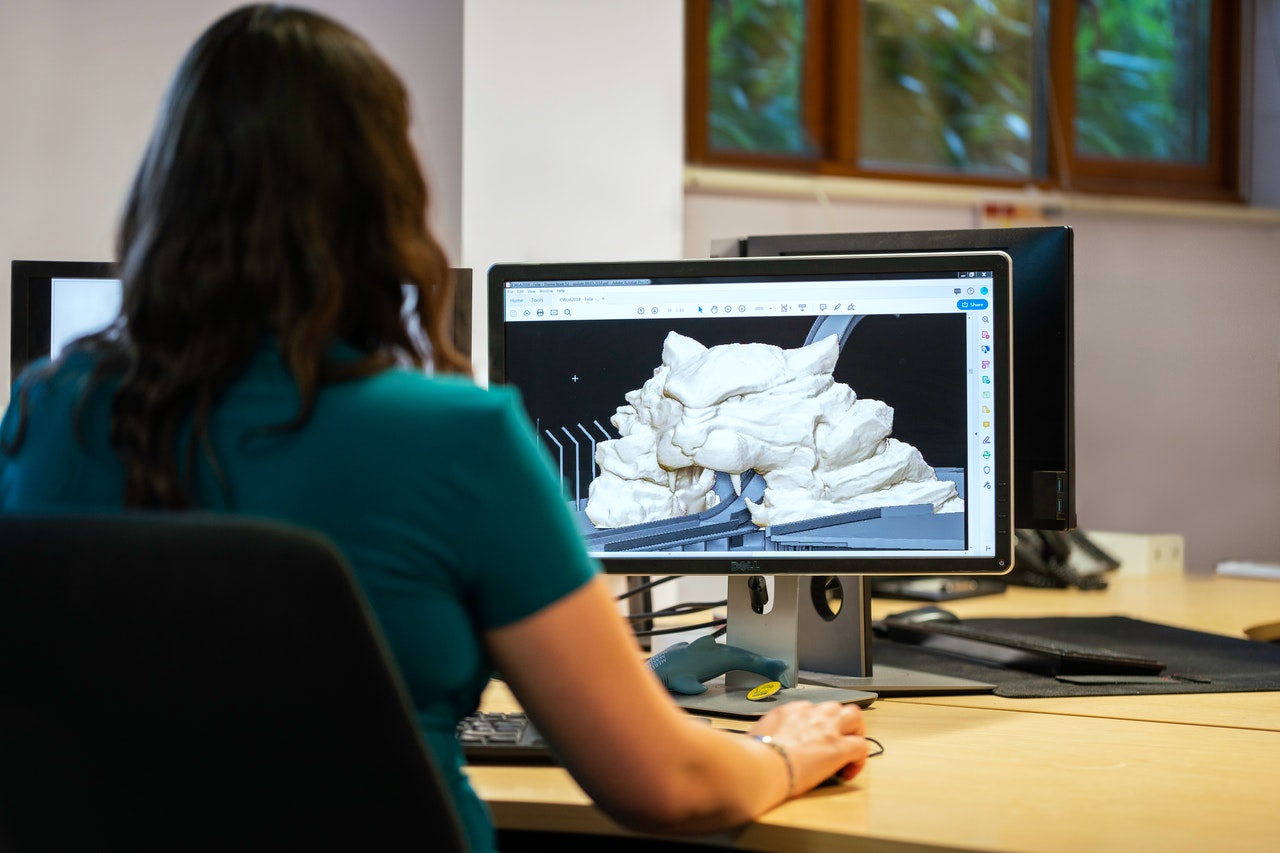Matrix laboratory, abbreviated as MATLAB, is a comprehensive, multi-dimensional numerical computing environment. This environment creates an easy to use system that expresses problems and solutions in mathematical notation.
MATLAB was initially introduced in 1984 and revolved around:
- Structures
- Variables
- Vectors and matrices
- Function handles
- Classes and object-oriented programming
MATLAB has numerous applications today. Let’s take a closer look at what these are.
Engineering Solutions
Before any new concept is created, it must first be tested against various factors to see how it holds up. Engineering ideas that come to life have to be expressed in an understandable form before they are actualized. This form is often math.
Most engineering disciplines heavily rely on math works to ensure that design processes and their results make sense. For example, a new building only makes sense if it can hold up to the stressors placed among it. This requires some math works.
Control Systems
MATLAB provides control to systems and devices. In an overly digitized world, this is indeed central.
Control systems are responsible for giving commands, managing and regulating the behaviour of other systems and devices.
Many schools strive to create MATLAB access for their students to realize that the world will only become more digitized. While this can be quite exciting to learn, it can also get overwhelming from time to time.
When this happens, adept assignment doers can provide the help you need to help you get through your course successfully.
Robotics
There have been significant advances in the world of robotics. The next few decades will see more innovations and perfecting of existing robotic mechanisms.
Robotics is a multi-disciplinary field involving electronic engineering, computer science, and mechanical engineering, among others. These come together to create intelligent, human-like machines called robots.
Engineers and researchers use MATLAB to create and tune algorithms, design real-world systems and generate code.
Robotics are quickly being adopted in healthcare, construction, manufacturing, and supply chain logistics.
Performing Numerical Analysis
Instead of the precision synonymous with symbolic math, the numerical analysis relies on approximation.
Numerical analysis has become a must-have in modern life. People often use these skills daily without being aware of the concept in play.
Some primary uses of numerical analysis in today’s world include:
- Evaluation and enhancement of car safety
- Airflow patterns in the respiratory tract
- Growth and progression of tumour cells
- Effective allocation of resources in a business setting
- Spacecraft dynamics
- Price estimations by airlines
From these few examples, you can already see how central numerical analysis is in day to day life, often driving things we rarely ever have to think about.
Aid Simulations
While MATLAB might not always provide solutions, it supports simulations in several ways.
The first way it does this is by defining the math model used to describe a particular technology, hence the actual simulation.
Secondly, it creates snapshots illustrating how technology will work based on the model.
Thirdly, it can help breakdown how technology will work. This is especially useful for non-tech stakeholders to understand how a particular technology is expected to work.
Ultimately, through MATLAB, developed simulations save costs, time, support innovation, and increase the likelihood of new technologies functioning as intended.
Image Processing
MATLAB functions exceptionally well for image processing.
People working in image processing require MATLAB to create and test new processing techniques and systems.
Essentially, image processing refers to the management of pixels embedded in an image. This is done using math techniques to alter the existing matrix values.
People in image processing require some basic skills such as adding matrices together to help process an image.
Final Word
The above only provides a snapshot of what MATLAB achieves in today’s world. MATLAB is still as relevant today as it was years ago and is anticipated to remain so and be applied in more ways in the future.
